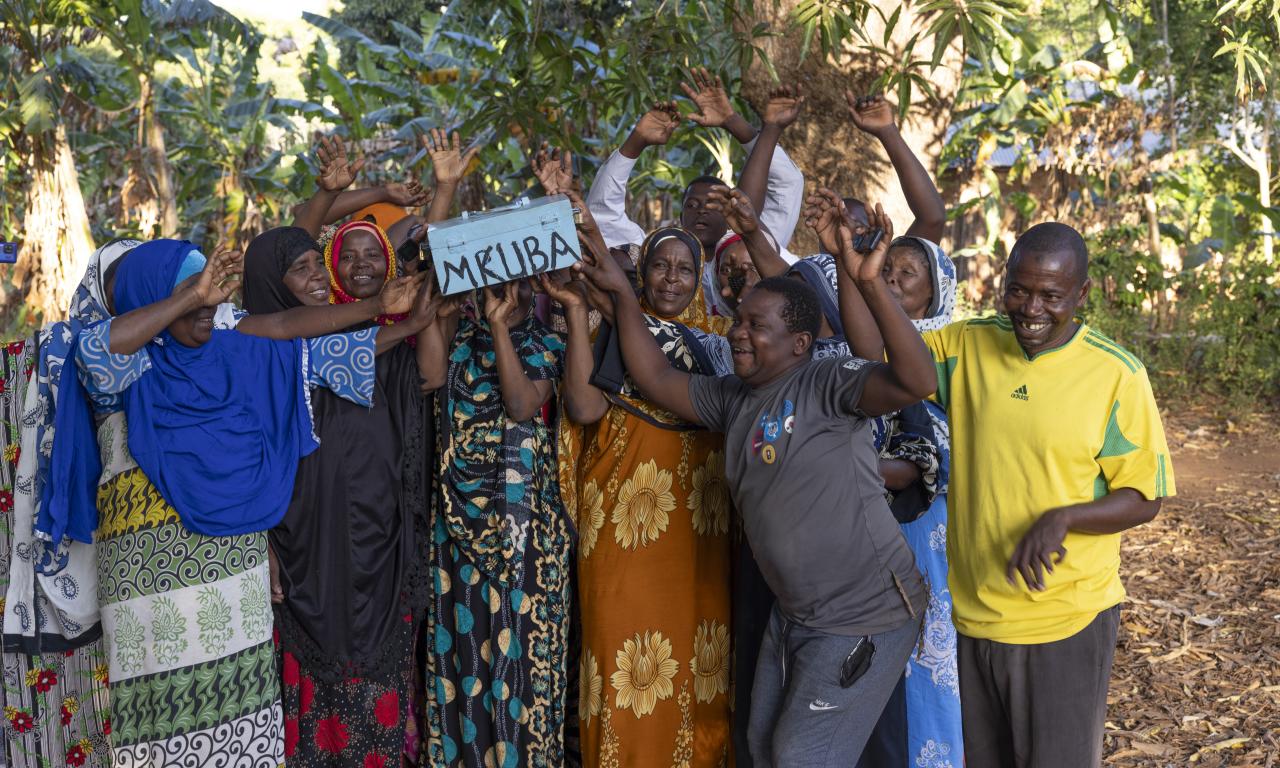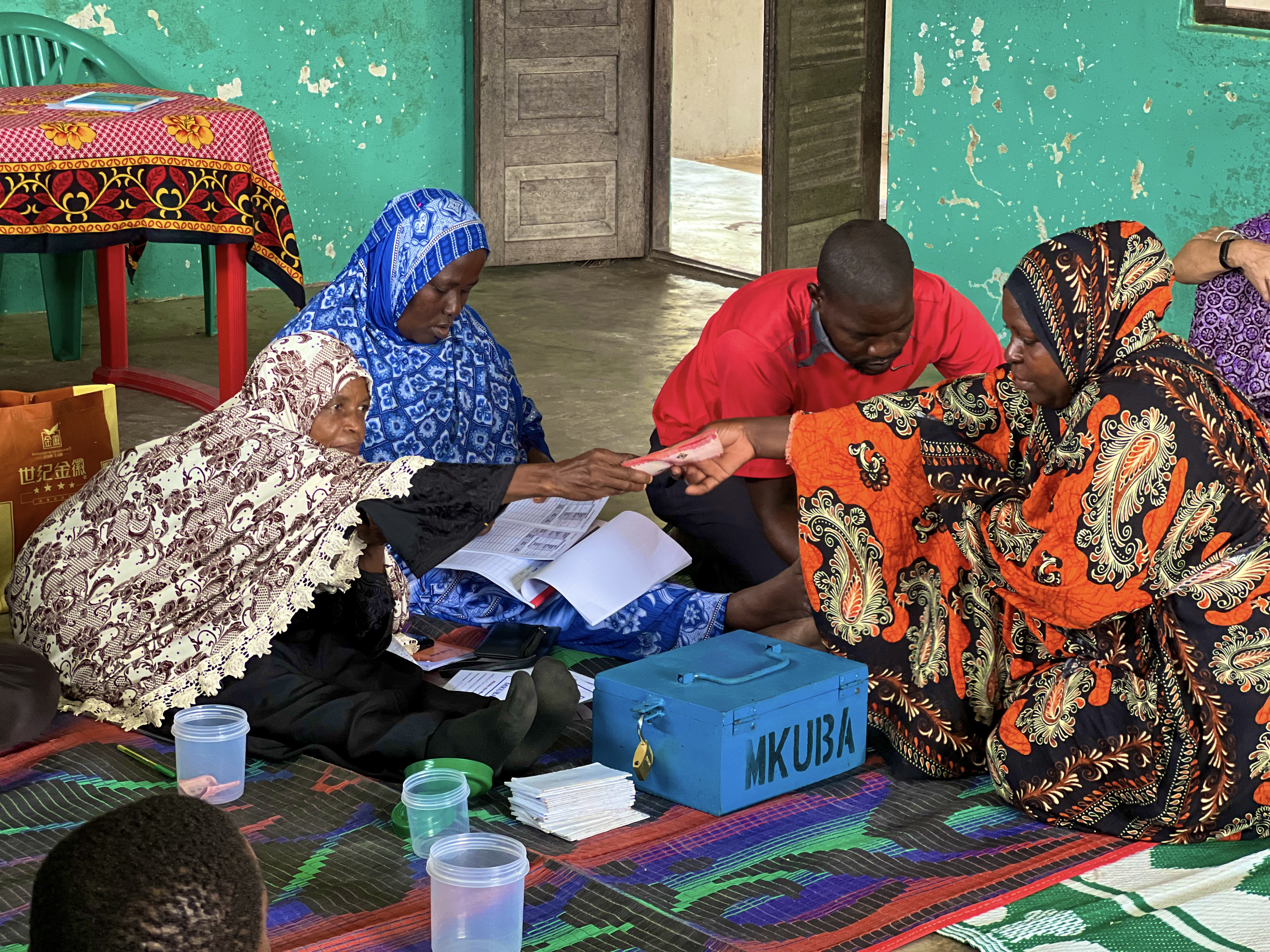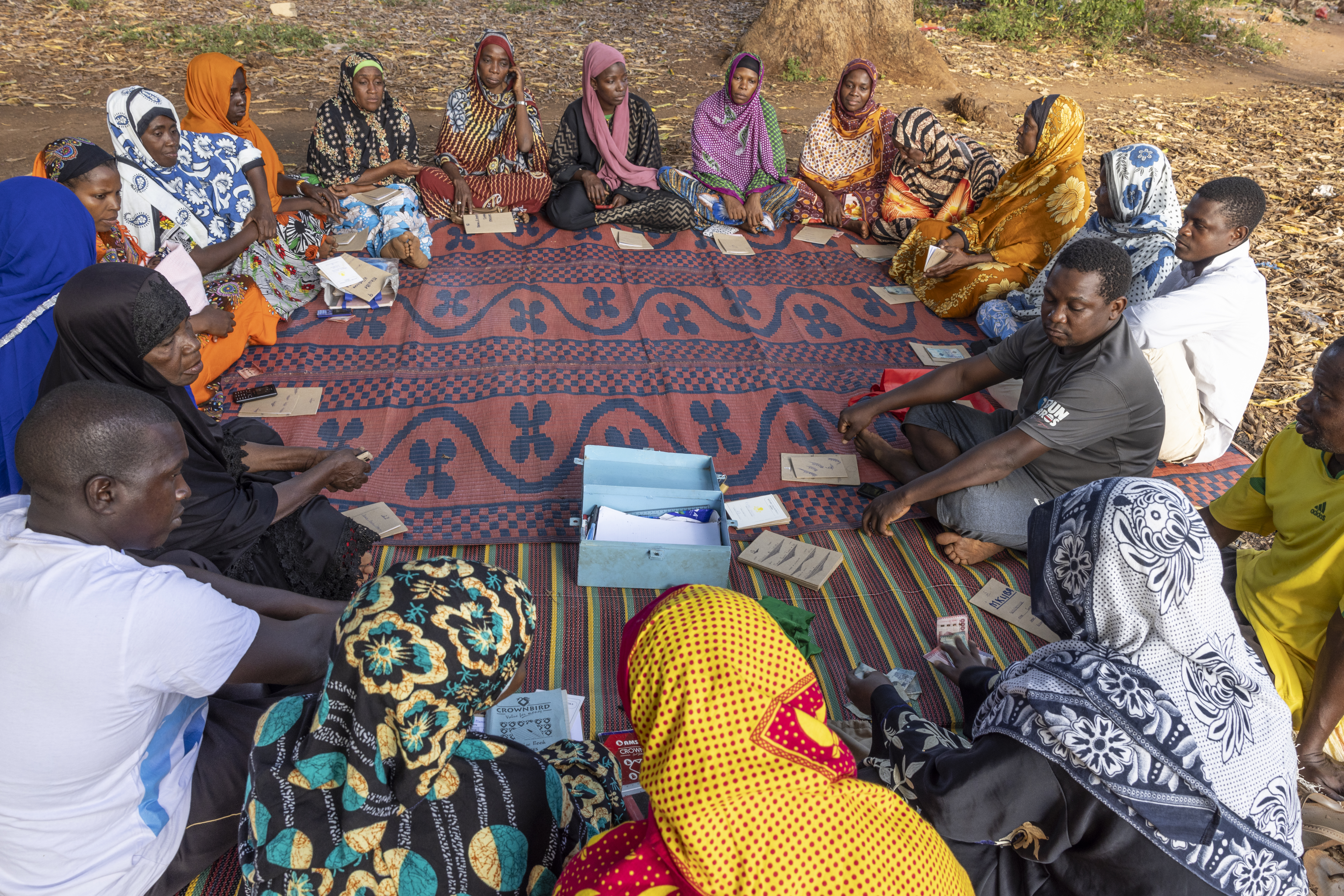
The Asia–Africa BlueTech Superhighway (AABS) is working with partners to evaluate and strengthen the MKUBA eco-credit program which is designed to support people, nature, and climate in Tanzania's coastal villages. The insights from this evaluation will inform future community finance efforts, driving lasting social and environmental progress.
Along the coasts of mainland Tanzania and Zanzibar, communities depend on coastal and marine ecosystems for their livelihoods. About 80% of households in rural Zanzibar earn their living from fishing, growing seaweed, collecting resources from forests, and small-scale farming. However, over the last 30 years, demographic pressures and unsustainable use of resources have put both livelihoods and ecosystems at risk. This prompts an urgent need for innovative solutions that balance economic and ecological sustainability.
Role of Incentives in Coastal Conservation and Sustainable Fisheries Management
While important for long-term environmental sustainability and ecosystem health, conservation efforts can impose short-term economic challenges for coastal communities. For example, seasonal fishery closures and protected areas can reduce income and food security for local households. To address this, Work Package (WP) 4 of the Asia–Africa BlueTech Superhighway (AABS) is working to enable more effective and equitable coastal conservation and fisheries management through assessing and strengthening incentive-based approaches.
Incentives play a crucial role in motivating coastal communities to engage in conservation practices. Incentives can be direct (providing direct rewards or compensation) or indirect (creating enabling conditions). Community-based eco-credit programs serve as a form of incentive, enhancing financial resilience by providing small loans linked to participation in ecological conservation or restoration activities. Such activities might include mangrove planting, beach clean-ups, compliance with fisheries regulations, or patrolling community-managed closures within marine protected areas.
The MKUBA ('Mfuko wa Kutunza Bahari', Swahili for ‘Fund to Steward the Sea’) program, implemented by the Mwambao Coastal Community Network in Tanzania, is a notable example of integrating direct financial incentives with conservation efforts in resource-dependent communities.
Small-scale fishers often face significant barriers to accessing credit from formal financial services. The MKUBA program addresses this by offering access to loans as an incentive that is linked to community-led marine resource management, thereby promoting environmental stewardship. The program offers eco-credit loans through Community Eco-Credit Groups (CECs) to promote sustainable responsible resource use. With this support, MKUBA members can grow their businesses and stabilize their incomes during low-earning periods.

Measuring the Impacts of MKUBA
The incentive programs are, however, not without their own challenges. Effectively evaluating the impact of such programs often requires significant resources to determine how they can be strengthened and scaled.
Currently, the AABS WP4 team is evaluating the impact of the MKUBA program across Pemba and northern Tanga in coastal Tanzania through a randomized controlled trial (refer to box item to learn more). The evaluation is a collaboration between the Max Planck Institute for Evolutionary Anthropology and Mwambao Coastal Community Network, together with the International Institute for Environment and Development and WorldFish.
The evaluation will measure social, economic, and ecological outcomes, including community governance, conservation values, gender equity, income levels, beach cleanliness, fishery catch per unit effort, and mangrove cover.
How the Randomized Control Trial Will Help Evaluate and Strengthen Incentives
The randomized control trial will measure the social, economic, and ecological impacts of the conditional loans by comparing a treatment group (a collection of villages consisting of MKUBA CEC groups with access to loans) with control groups (a collection of villages with MKUBA groups that do not have access to conditional loans but still receive training and have natural resource management plans). For treatment groups that are provided with eco-credits by Mwambao, CEC members must agree to undertake certain eco-actions related to ecological restoration or conservation activities to access loans and maintain their eligibility for the loan.
The study's design allows for a robust comparison between the treatment and control groups, which can provide valuable insights into the program's impact and will help scale and strengthen it.
Further, the team will assess any positive or negative ‘spillover effects’ of the MKUBA program on neighboring areas by setting up 'leakage control' groups near the 'treatment' groups. This is key to ensuring a thorough evaluation, as the study spans a large area where communities share resources, even if they are not directly involved in the program.

Next Steps
The randomized control trial is set to begin in March 2025 and run until March 2027. The results will be shared with local stakeholders, including communities, NGOs, and policymakers, as well as global stakeholders through knowledge products and community workshops.
The MKUBA eco-credit program is a promising approach to enhancing community livelihoods and ecological sustainability in Tanzania's coastal regions. The randomized control trial will provide critical insights into the program's effectiveness, which may guide future community finance programs focused on socio-economic development and environmental conservation.
Cover photo: Mwambao
